Shock pads are the ideal way to add safety and resilience to the artificial grass surface. In sports industry, shock pads are often referred as an "insurance policy." According to FIFA-endorsed regulations, the shock-attenuation testing (or G-Max) is recommended for every sports field. You can get a good G-max without a shock pad, but if you like to have safer, more resilient surface, you might consider installing shock pads beneath the turf. Shock pads make sense. Do you want to improve safety? Just lay down the pad before synthetic turf installation. From Astroturf with its nylon carpet, most artificial grass manufacturers turned their attention to infill solutions. Rubber infill lowers G-Max to acceptable levels. When the surface compression is high, the surface feels much softer. It works great for children, but in competitive sports and golf, you need the ball rolling with a certain speed. For example, the acceptable green speed with infill for our putting greens can be as high as 14-15 on the Stimp-meter BRD. On the softer sports fields athletes get more tired than usual. Ideally, the surface must feel normal yet ensure safety. But there is a definite mishap with the infill. It migrates on the turf surface, and the level thins especially in areas with heavy traffic. It is not just about uneven surface. Migration of infill hardens the surface reduces infill compaction and causes the degradation in performance over time. Again, it does not apply to residential or commercial projects where the traffic is low to medium. But in sports industry shock pads are crucial. Shock pads reduce the amount of infill (and subsequent infill "splash") by lowering the height of the fiber pile and increasing the density of the pile itself. The concept of having shock pads inside infill itself had changed due to low shock-attenuation levels and extensive maintenance. Today, most business owners regard shock pads like just like an extra insurance. Shock pads differ in density and thickness. If you are installing putting greens, it is a good idea to install 8 mm shock pad. Important thing to understand about the quality of shock pads is its tear and wear resistance, low water absorption and high shock absorption. In this sense, chemically Closed-Cell Polyethylene Foam is the perfect material for padding. Low moisture permeability and high buoyancy combined with a smooth, delicate feel and superior physical and chemical properties, the foam is the ideally shockâ€ÂÂabsorber. Advantages of Closed-Cell PE Foam - Closed-cell, chemically cross-linked structure - Lightweight - Shatterproof - Non-dusting - Excellent buoyancy - Excellent chemical and grease resistance - Superb strength and tear resistance - Low water absorption - Excellent strength and shock absorption - Impervious to mold, bacteria and mildew - Nontoxic


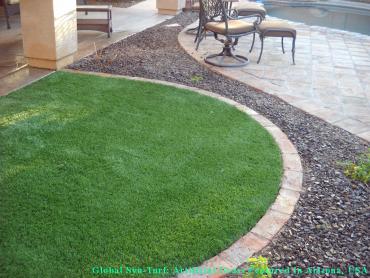
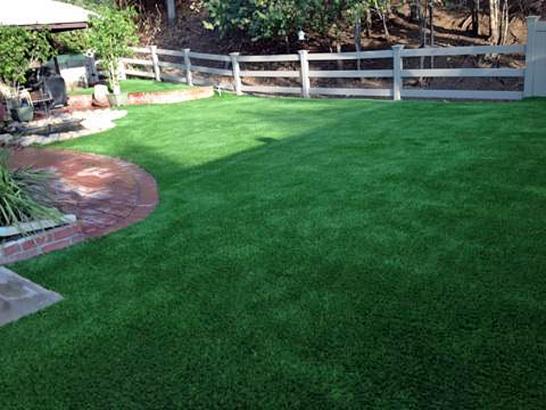
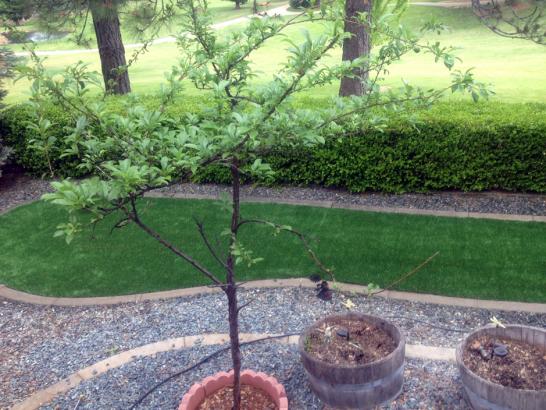
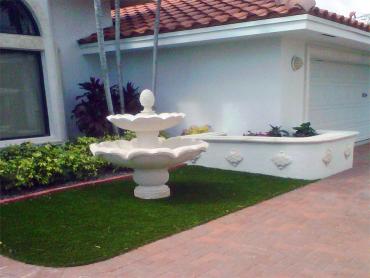

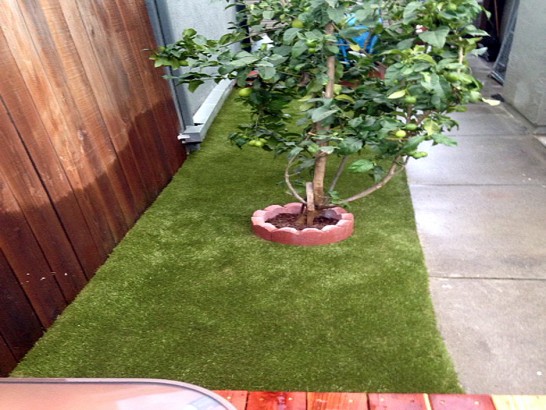
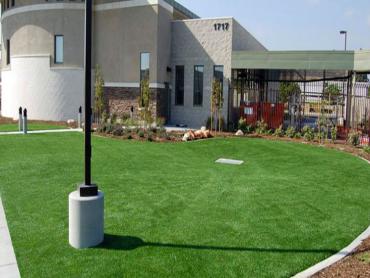
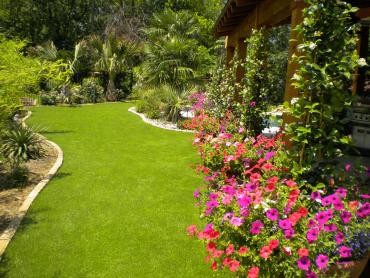
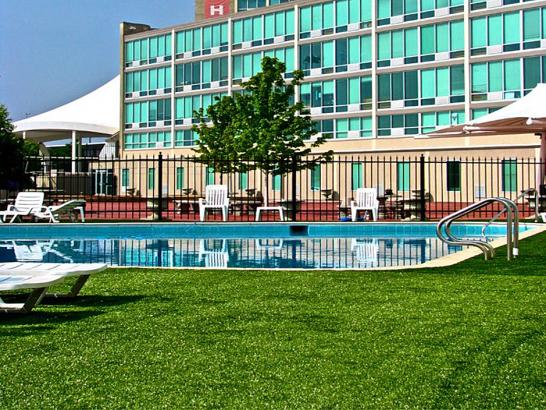
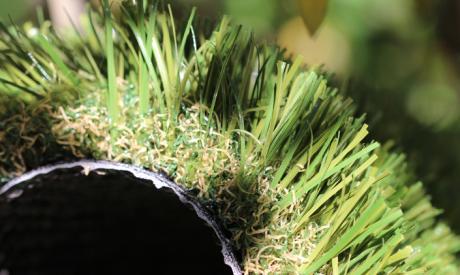
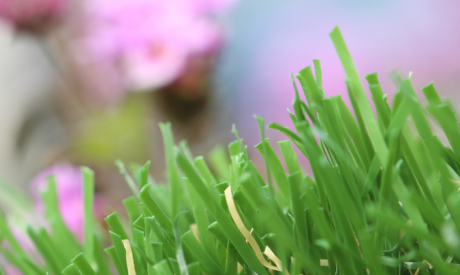
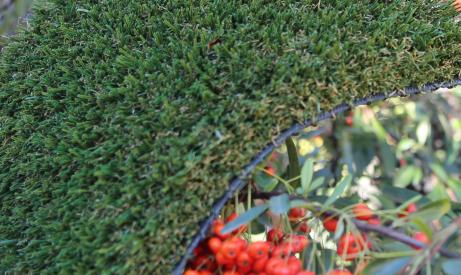
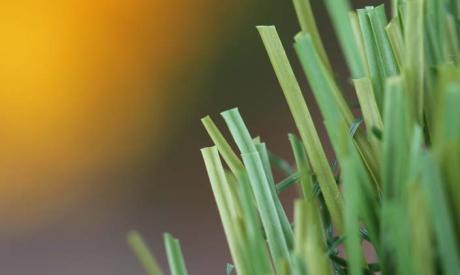
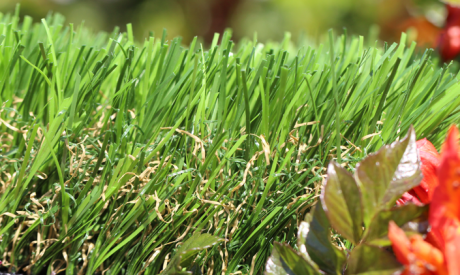
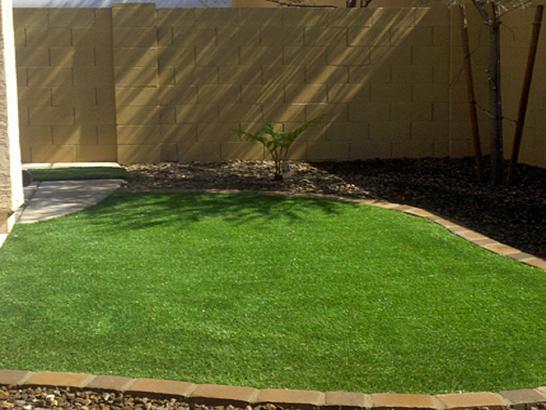
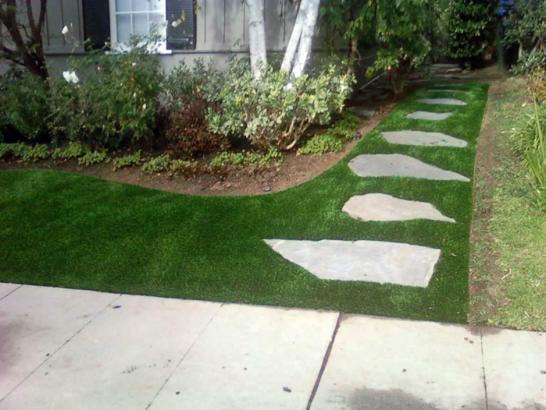

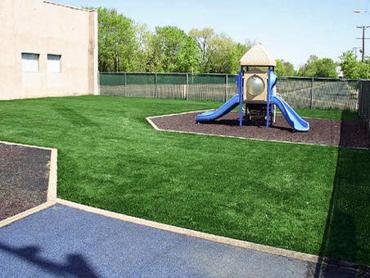
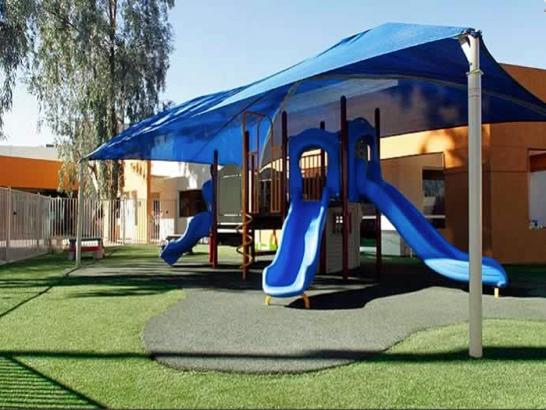
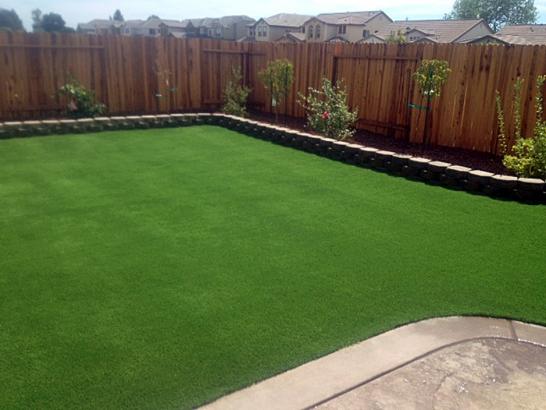
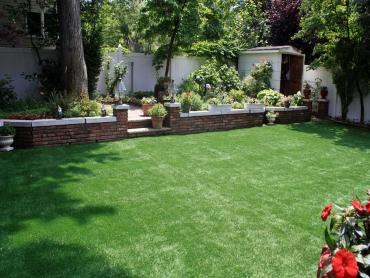
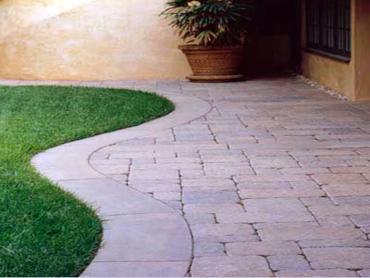
Responses To Putting Greens - US is Back to More Resilient Surfaces